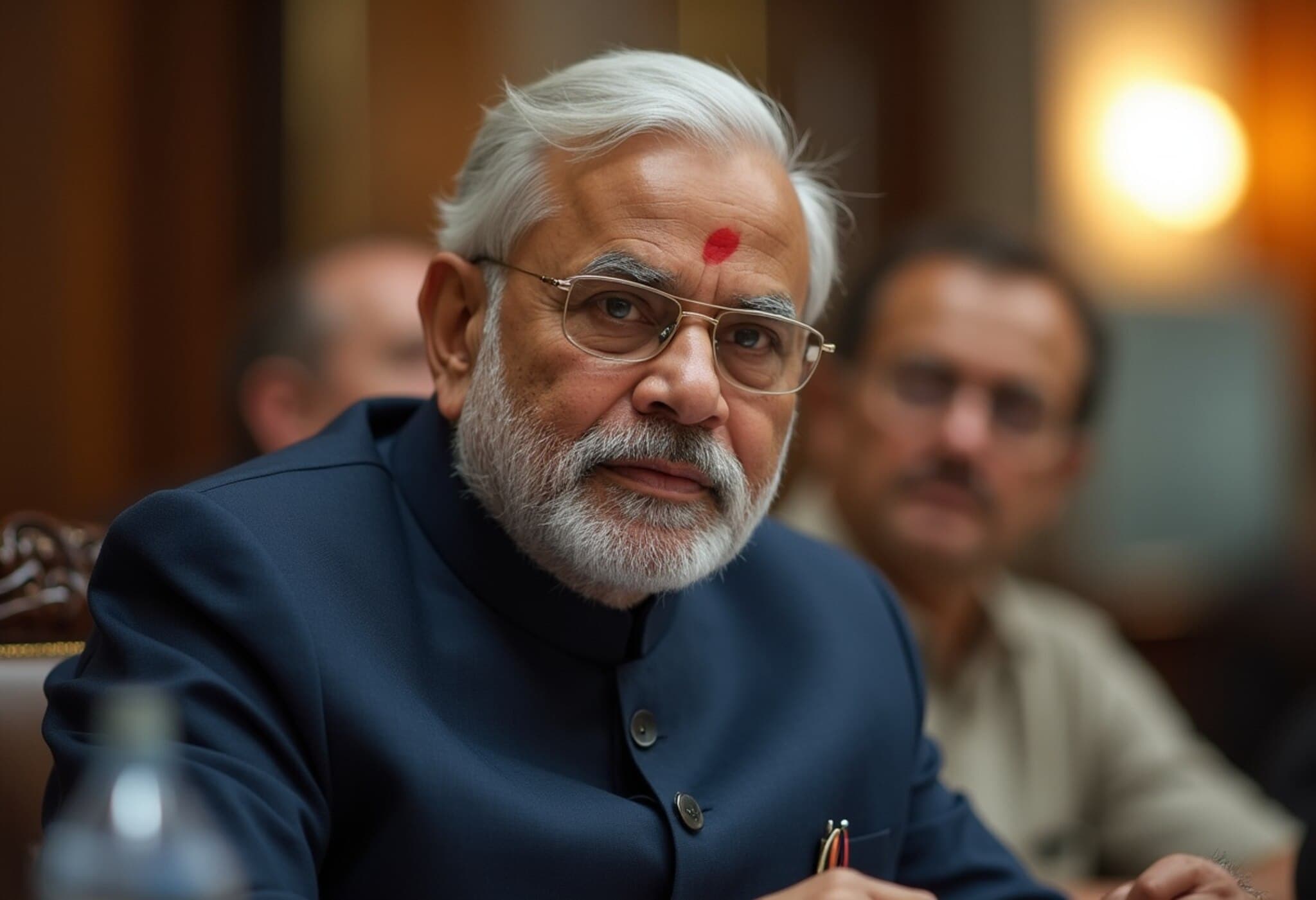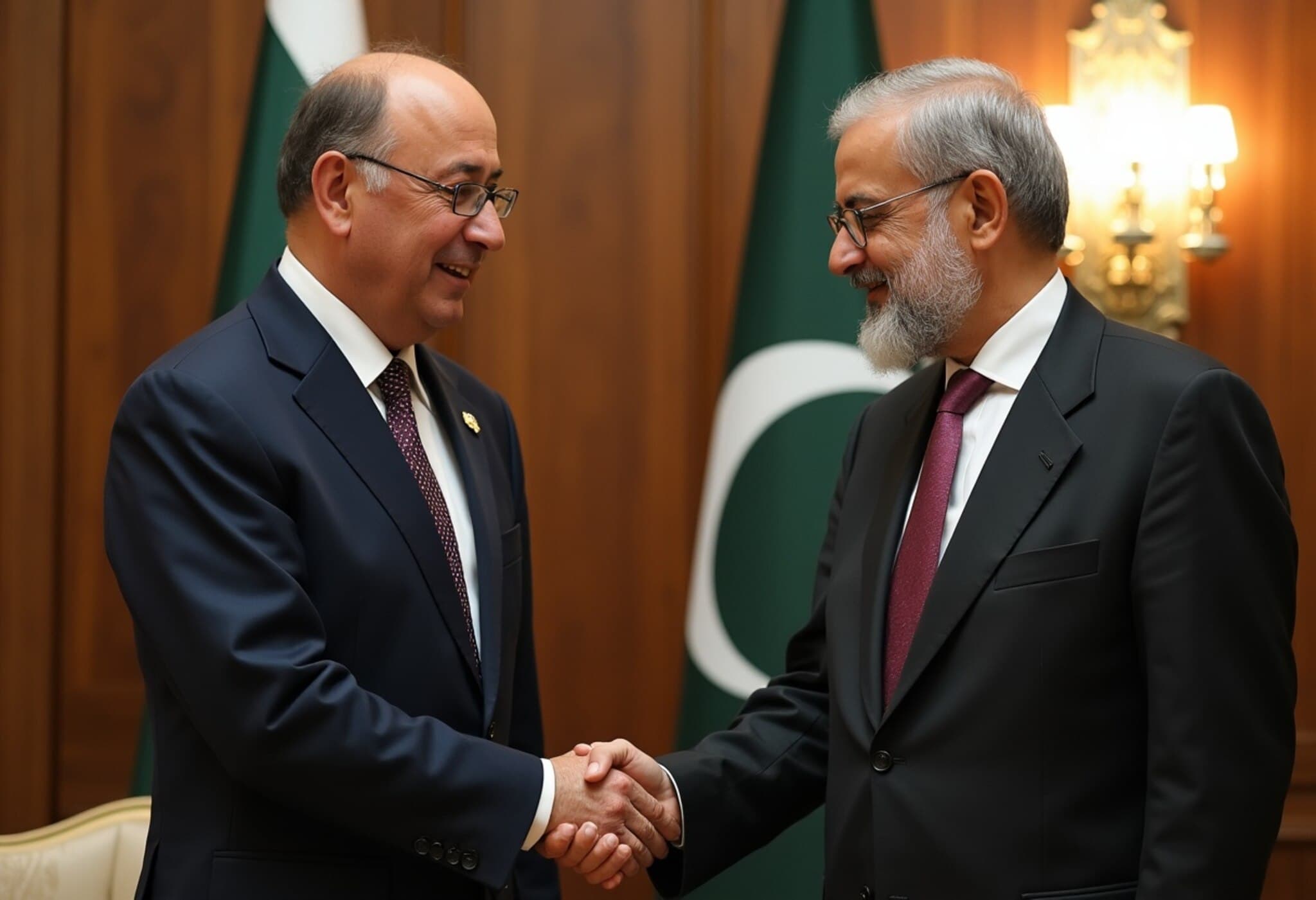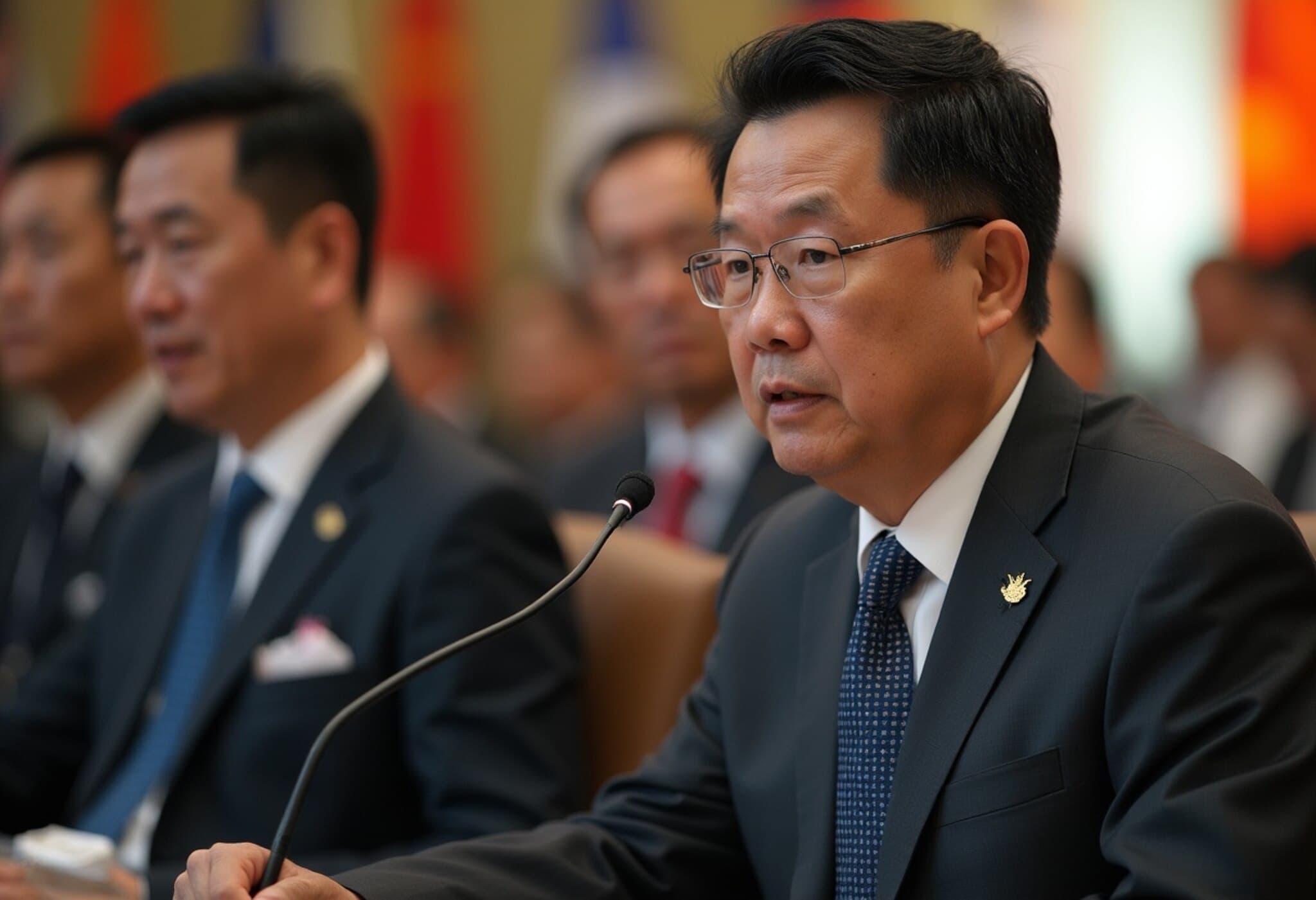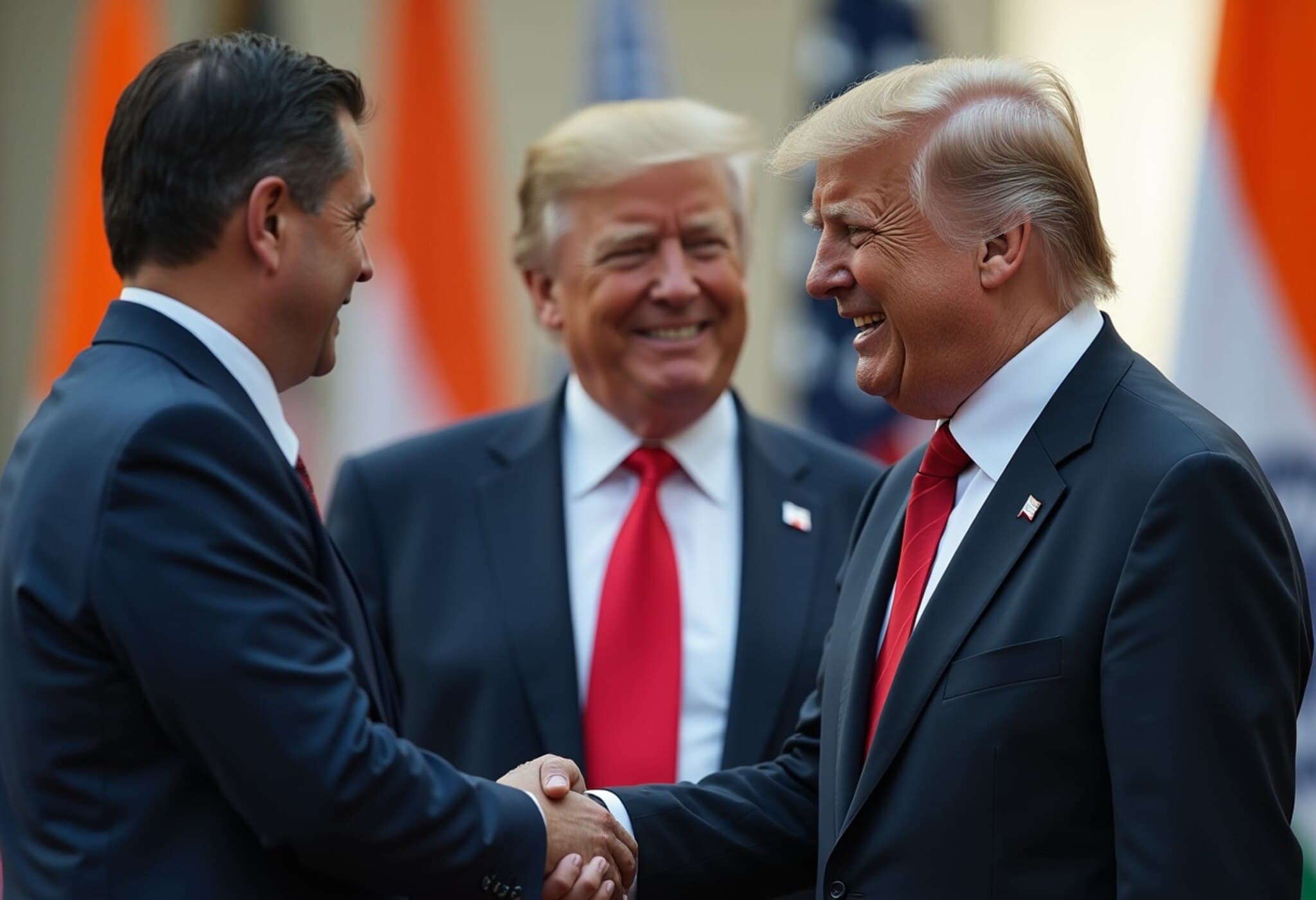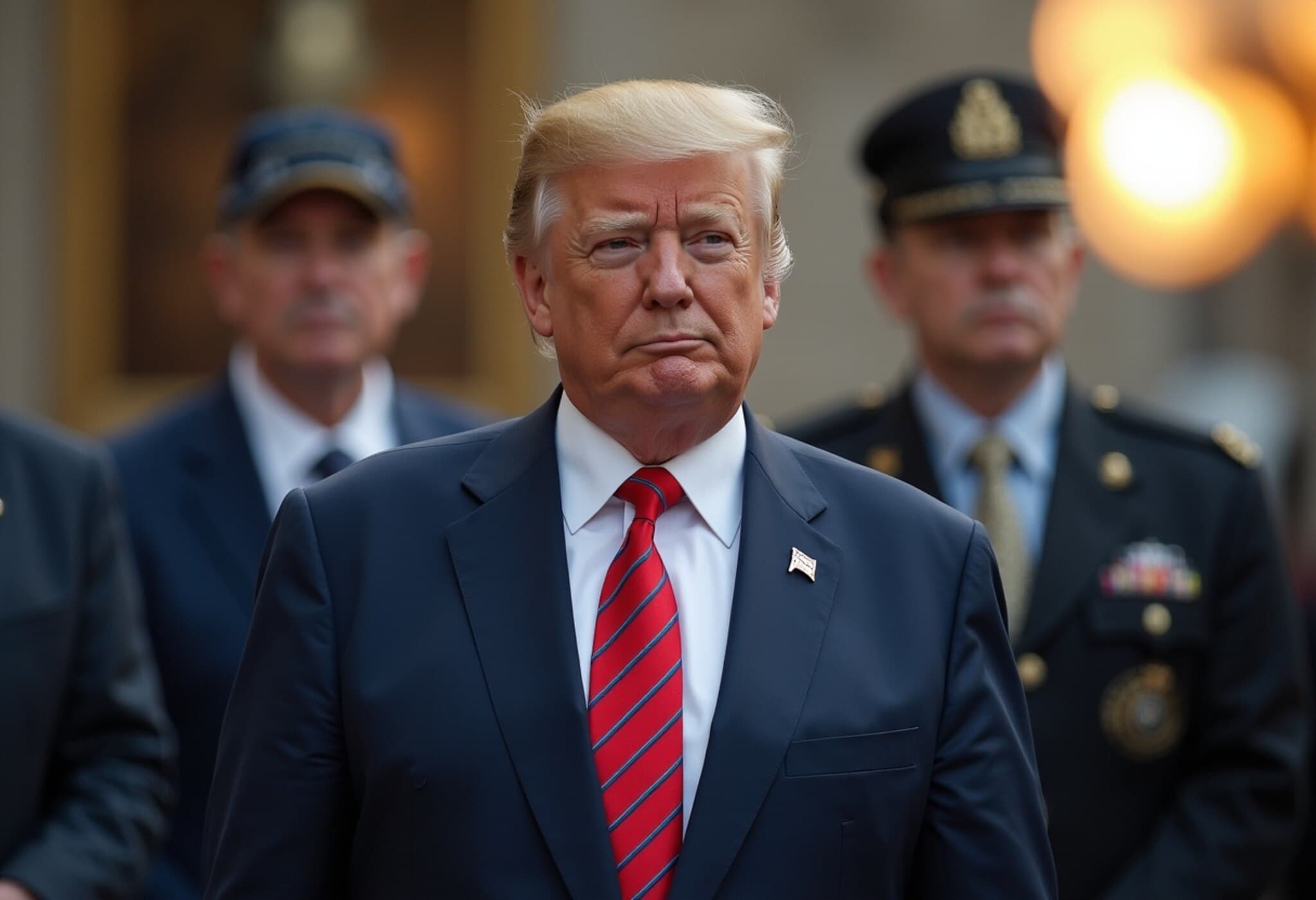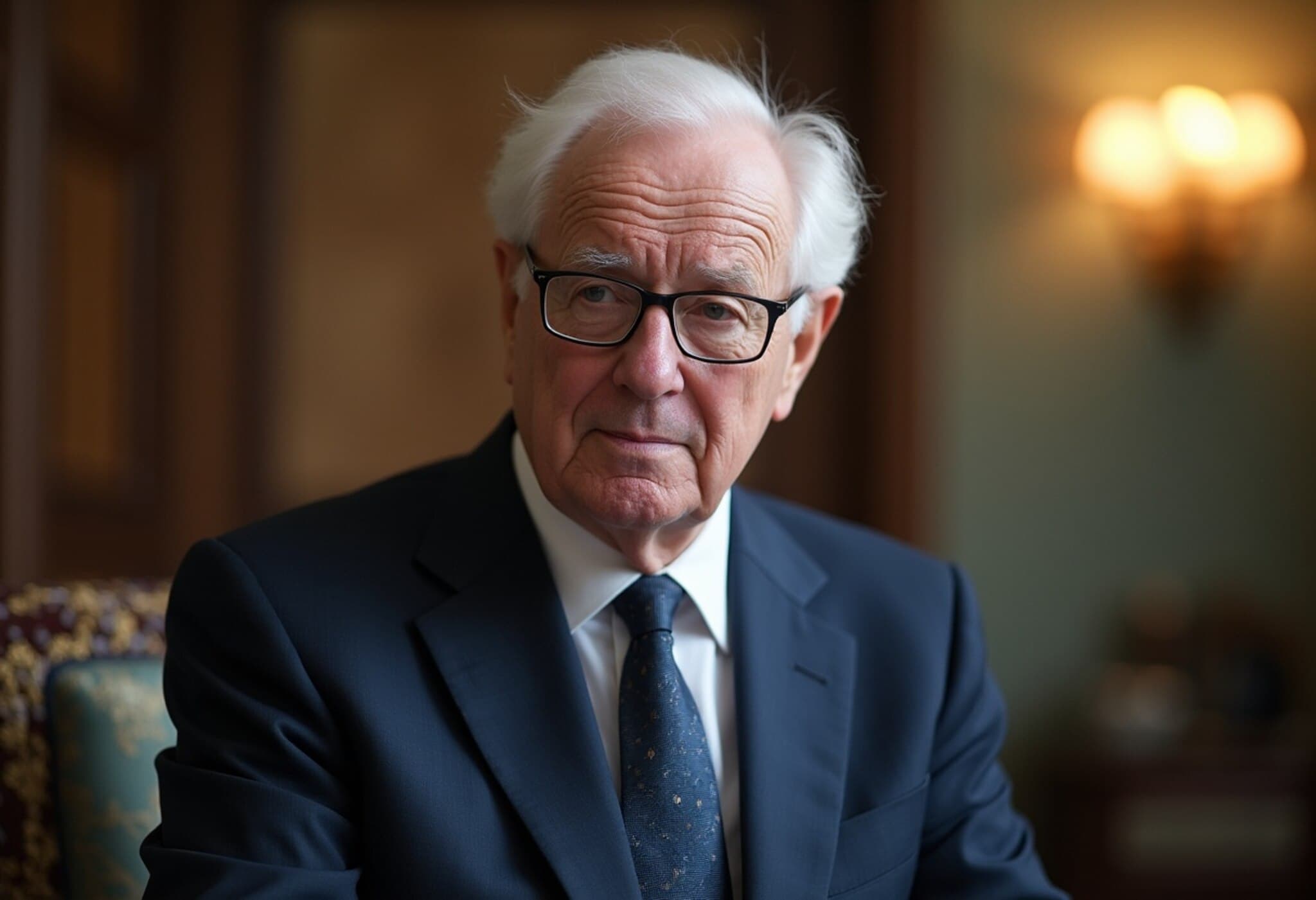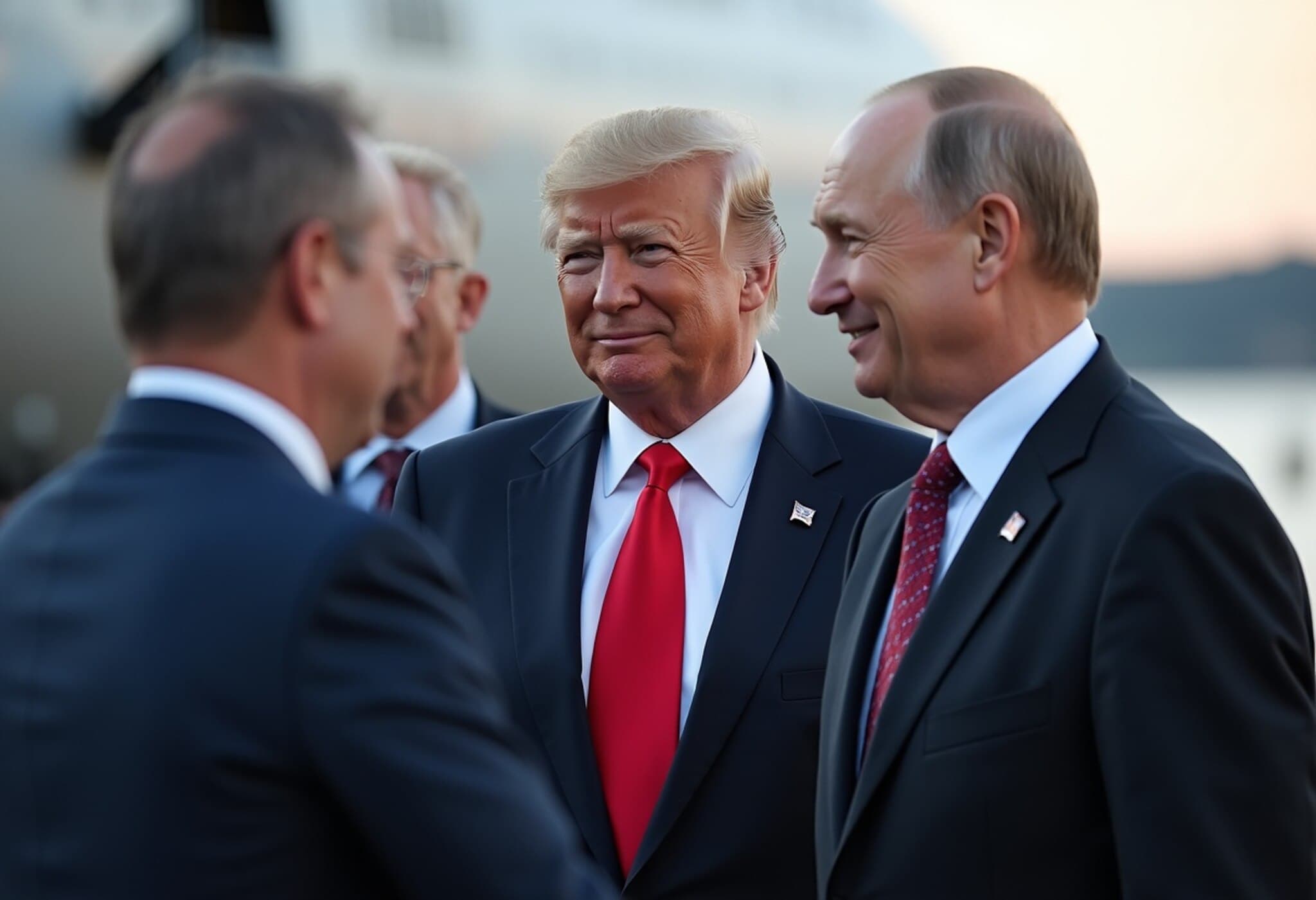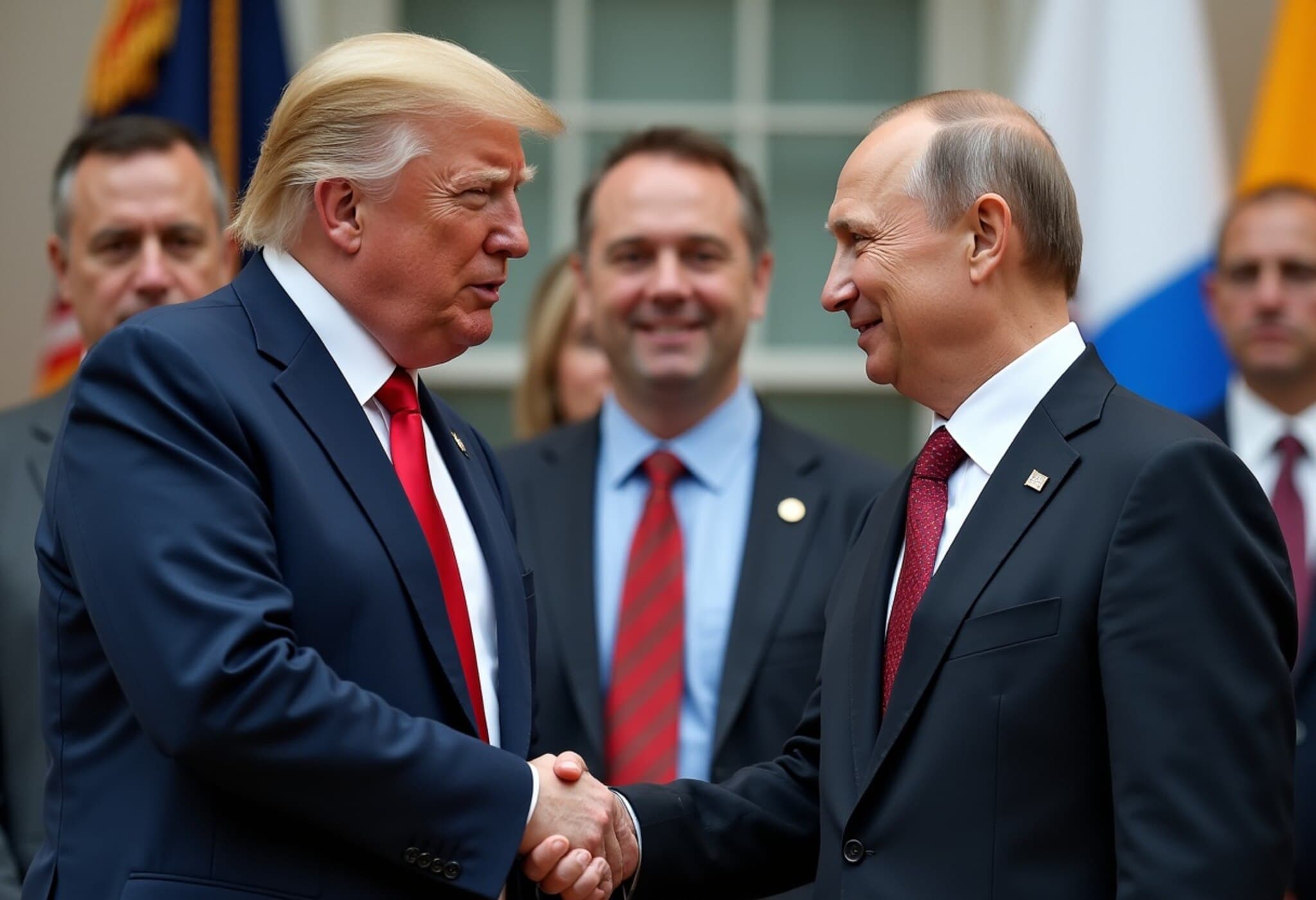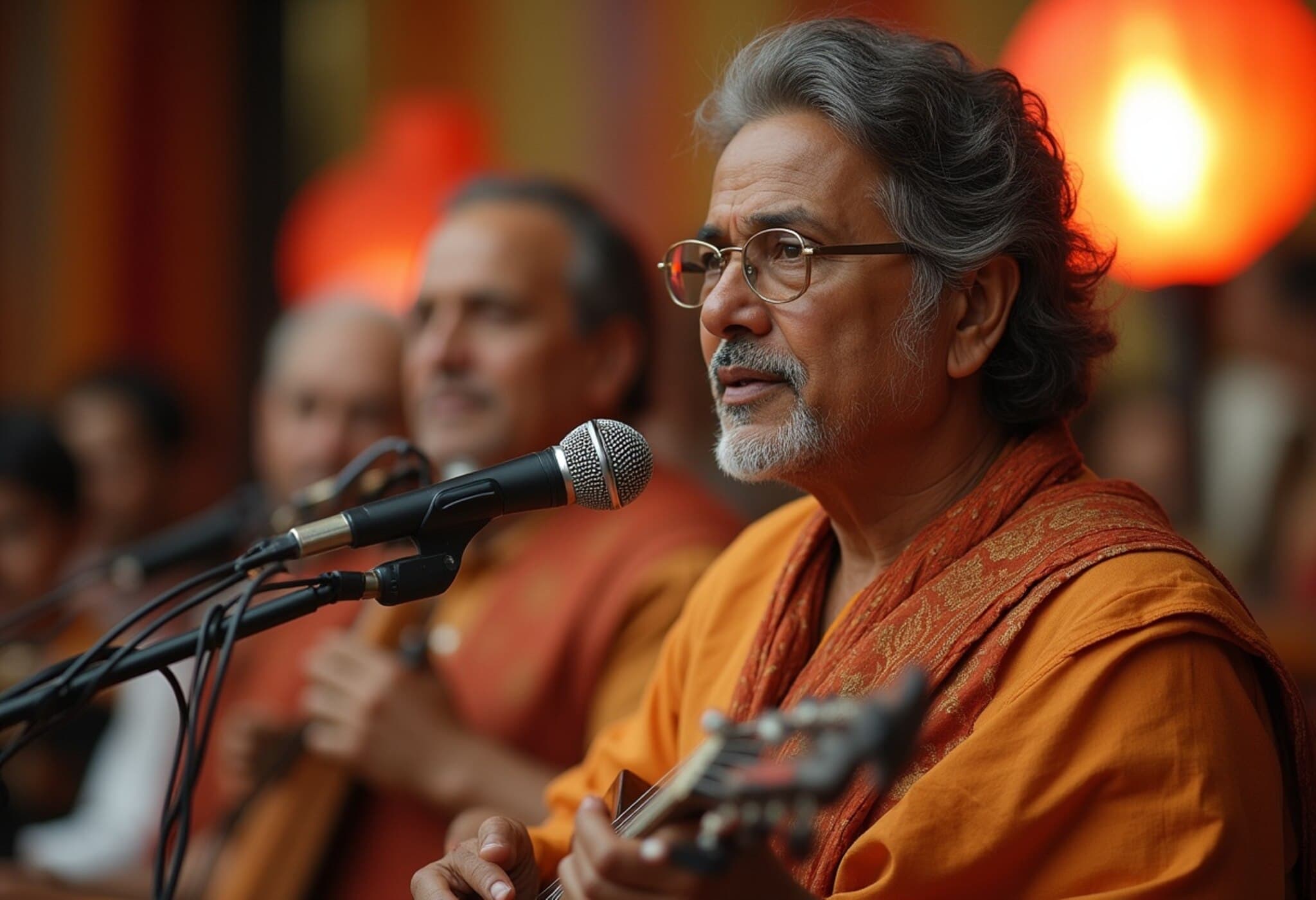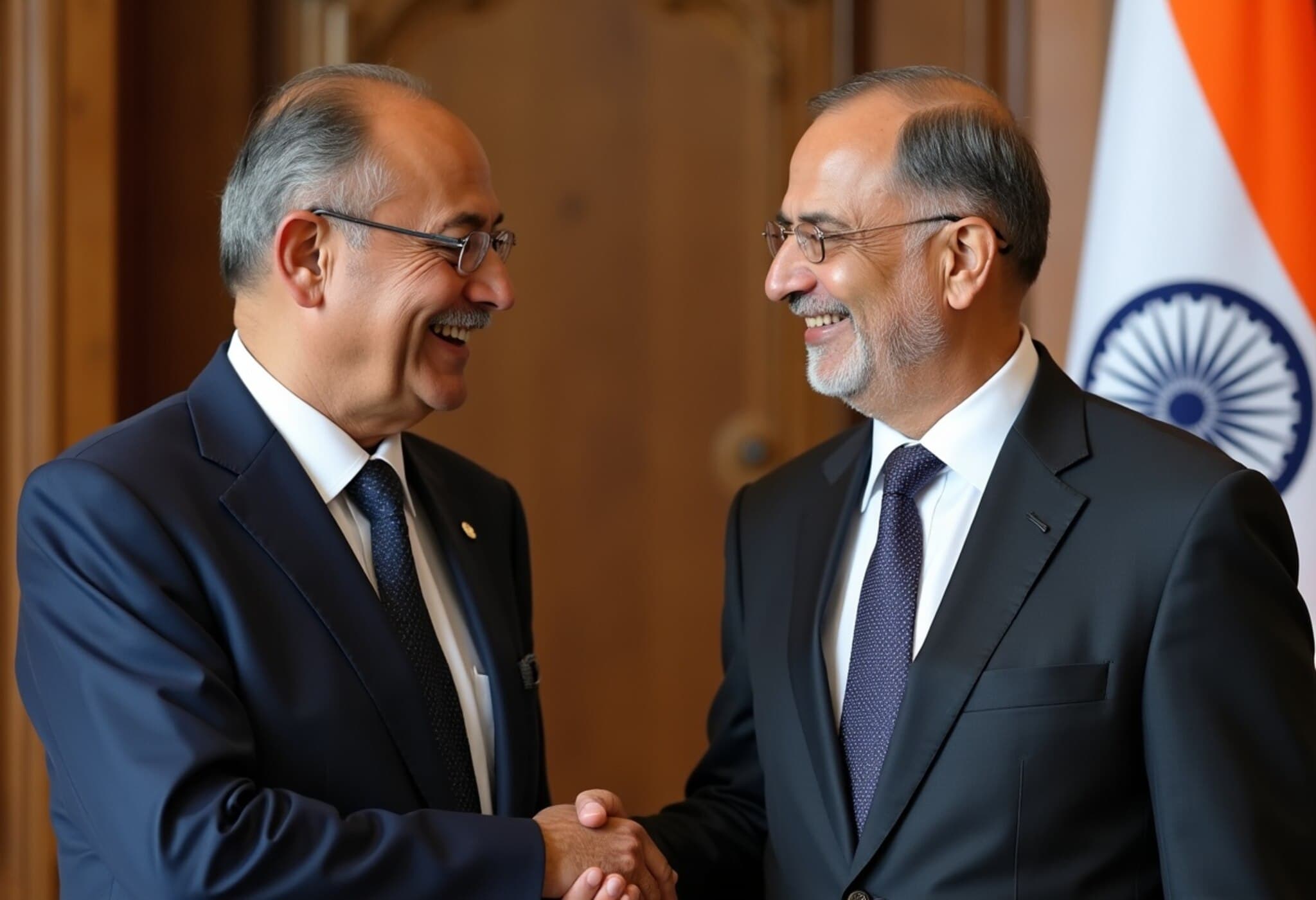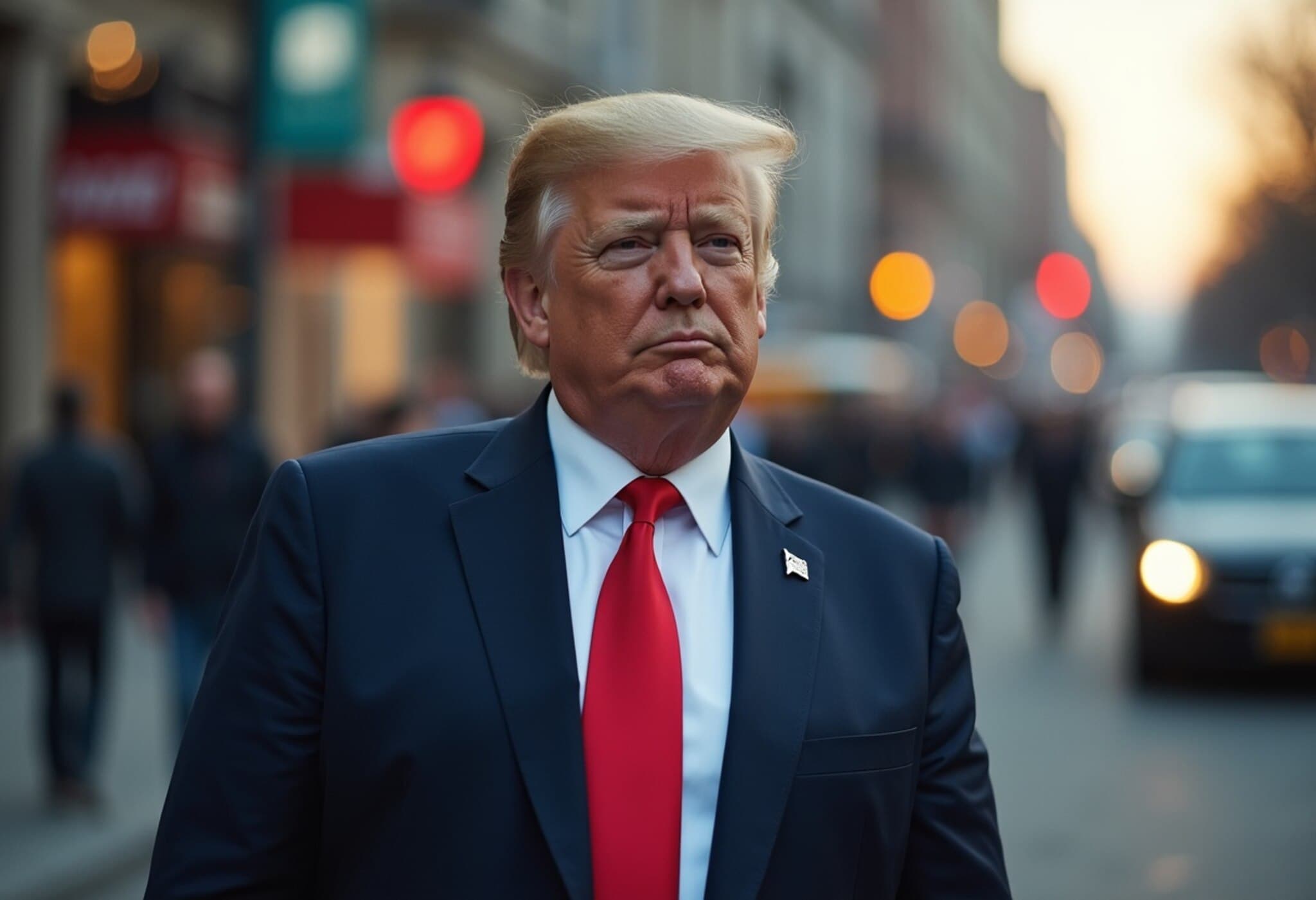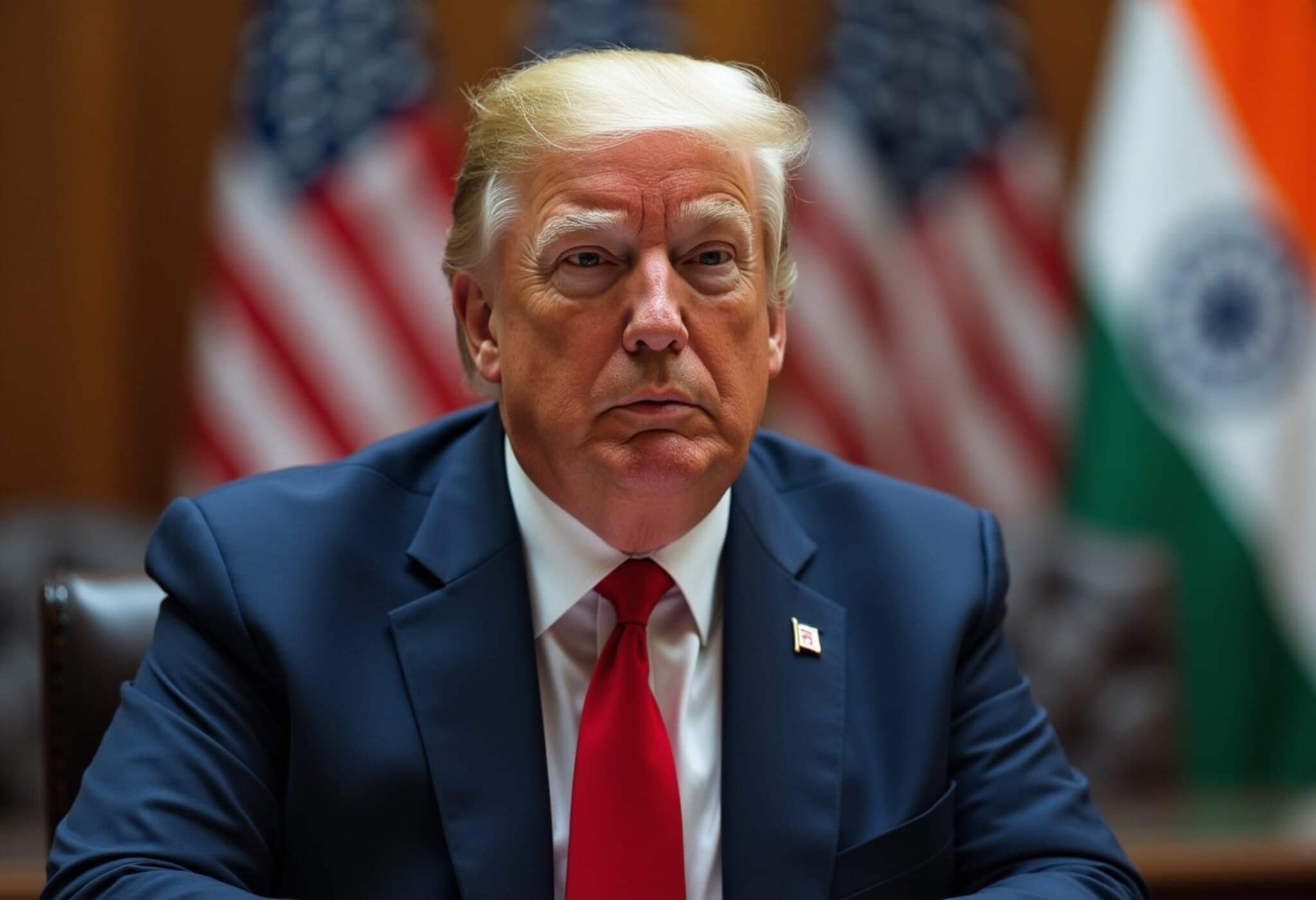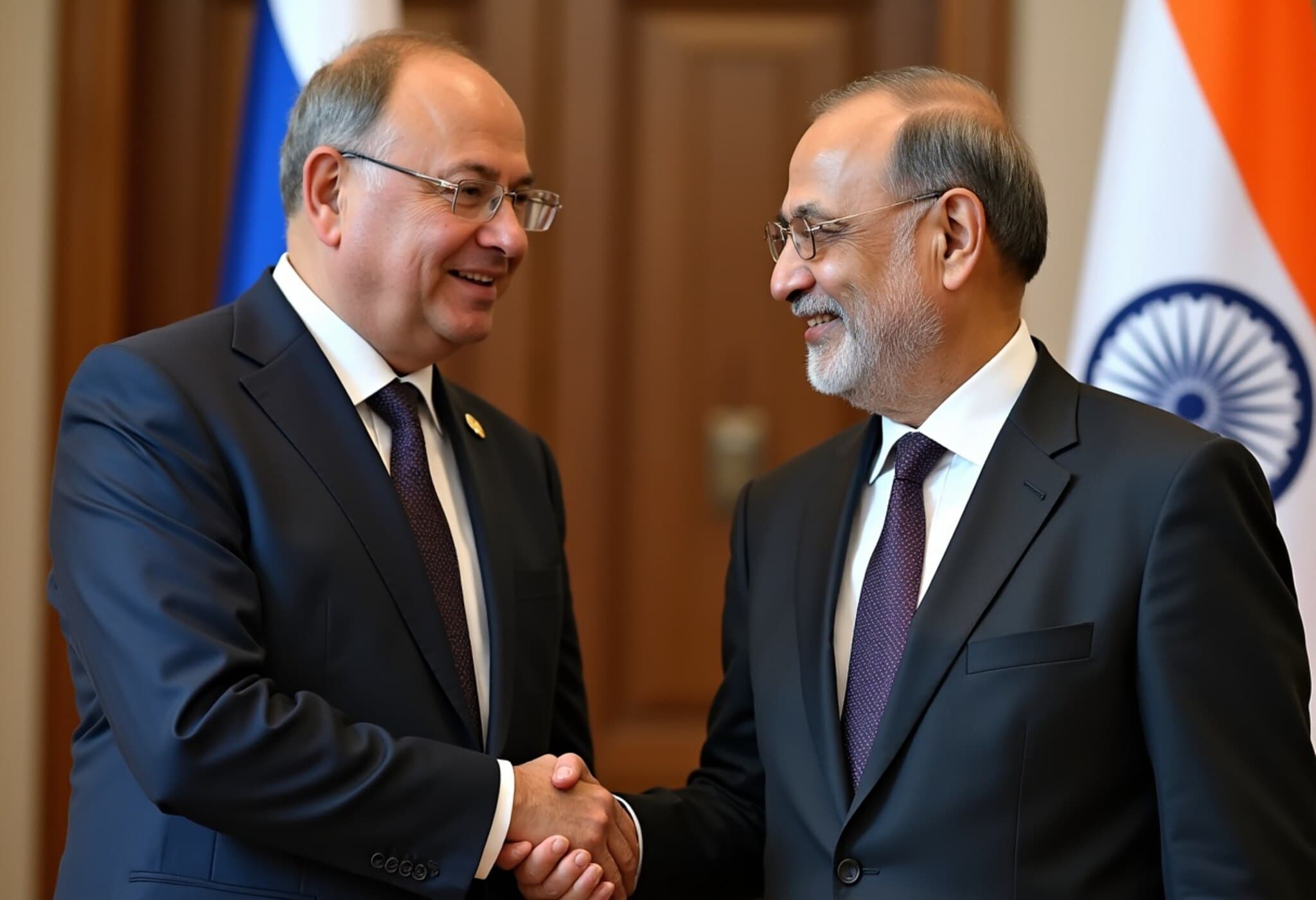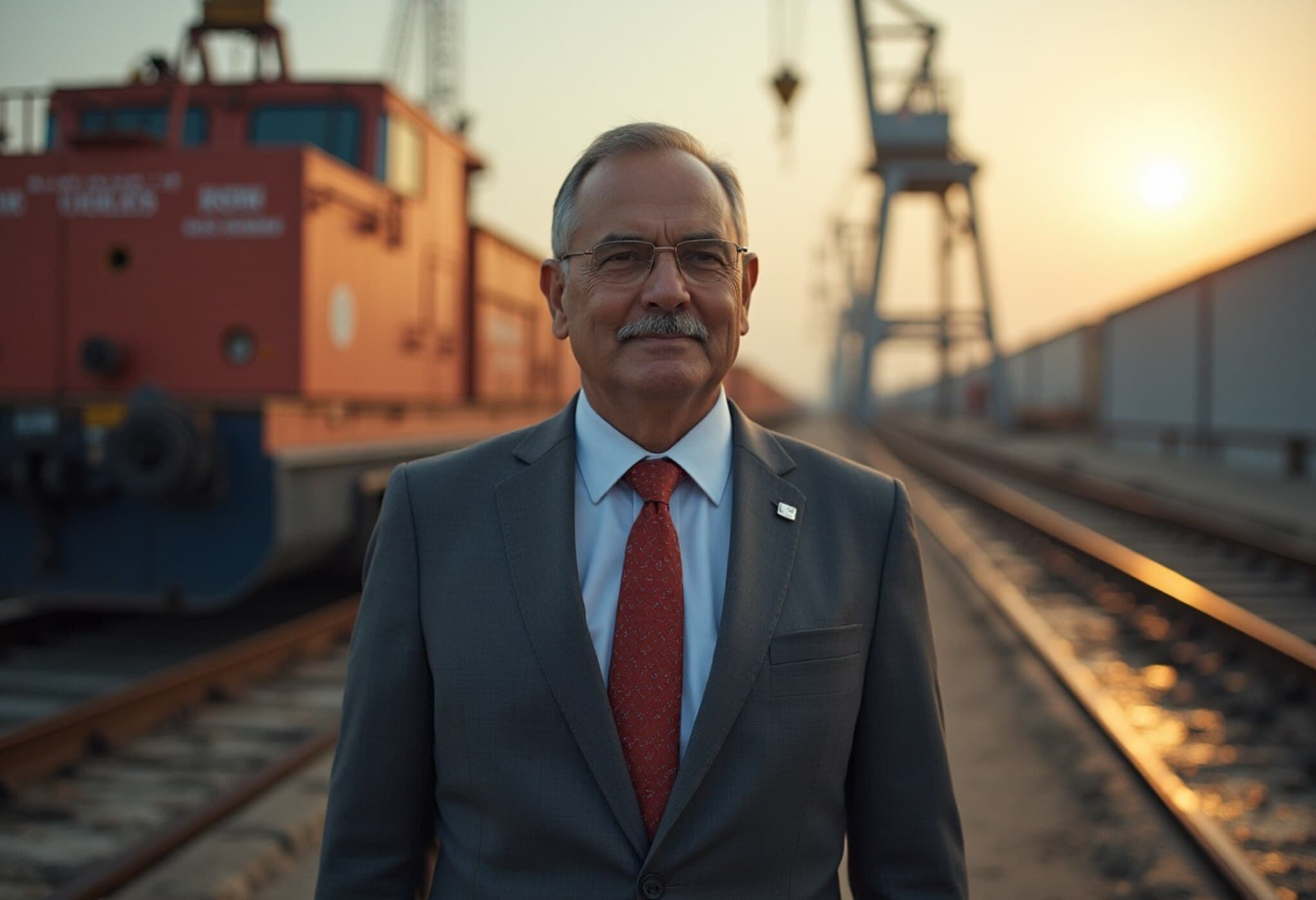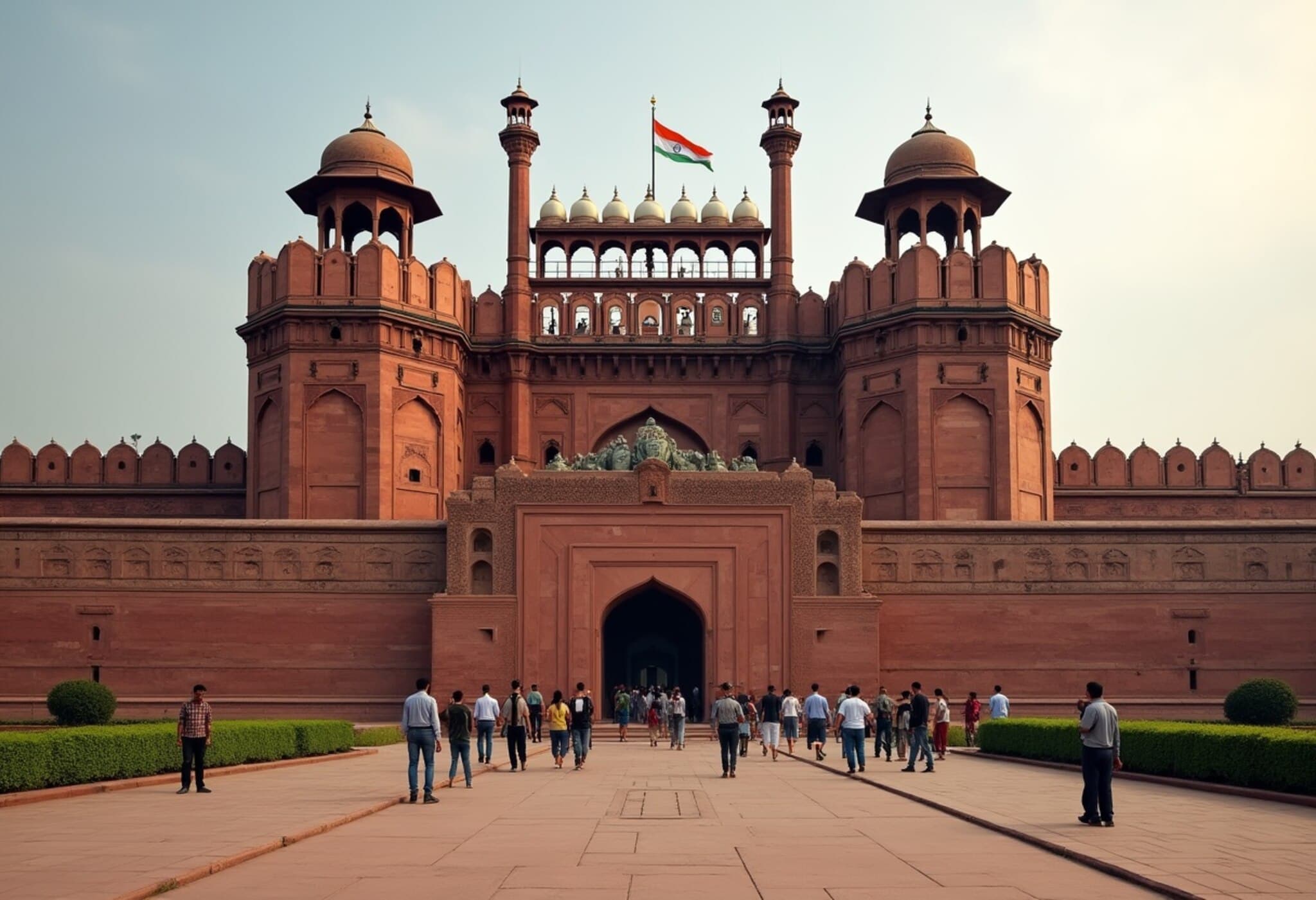India Pushes Back Against Trump's Tariff Threats, Calls for Fair Global Order
In a bold response to fresh tariff threats from former US President Donald Trump, India's External Affairs Minister, Dr. S. Jaishankar, emphasized the need for a balanced and inclusive international framework. Speaking at the BIMSTEC Traditional Music Festival in New Delhi, Dr. Jaishankar highlighted that the global order should no longer be shaped or dominated by a handful of powerful nations.
Context: Trump’s Renewed Tariff Threats on India
Donald Trump recently announced new tariffs on Indian goods, targeting India’s trade and defense cooperation with Russia. He accused India of buying discounted Russian oil and reselling it for profit, labeling the measure a "penalty" for the Indo-Russian energy and defense ties. Trump claimed, "India is buying massive amounts of Russian oil and selling it on the open market for big profits." This move comes amid ongoing tensions surrounding global energy supplies and geopolitical alliances.
India’s Firm Stance on Economic Sovereignty
India swiftly dismissed Trump's tariff announcement as "unjustified and unreasonable." The Ministry of External Affairs (MEA) issued a statement clarifying that India's crude oil imports from Russia are driven by economic necessities and global market volatility, not political allegiance or opportunism. Importantly, India pointed to perceived Western double standards, noting that the United States continues to import uranium compounds from Russia for its nuclear industry without similar repercussions.
- Economic Pragmatism: India's energy strategy reflects market realities rather than political maneuvering.
- National Interests: India reaffirmed its commitment to protect its economic security and sovereign decision-making.
- Global Equity: Dr. Jaishankar’s comments underscore a broader call for a global order where power is shared equitably.
Expert Insight: The Geopolitical Undercurrents
From a policy perspective, India's position underscores an evolving multipolar world where emerging economies seek a voice, pushing back against hegemonic pressures. Dr. Jaishankar’s remarks reflect a sophisticated understanding of the complexities shaping international trade and diplomacy today.
U.S. tariffs, especially when imposed unilaterally, risk disrupting not only bilateral ties but also emerging partnerships and regional integrations such as BIMSTEC. Economists warn that such measures can have ripple effects on global supply chains and energy markets, which are still recovering from pandemic shocks and geopolitical upheavals.
Looking Forward: Navigating a Complex Global Landscape
The incident sheds light on broader questions about the future of global trade rules, energy security, and diplomatic relations. Can the world shift towards a truly representative global order that respects economic pragmatism and shared sovereignty? India's assertive response serves as a reminder that trade policy is inseparably linked with national identity and strategic autonomy in today's intertwined world.
Editor’s Note
Dr. S. Jaishankar’s call for a fair and inclusive global order challenges the prevailing dominance of a few countries in shaping international norms. The US’s tariff threats against India highlight persistent tensions between economic interests and geopolitical strategies. As the global economy becomes increasingly interconnected, such disputes force us to reconsider how trade and diplomacy can adapt to multipolar realities. Readers are encouraged to reflect on how energy needs, political alliances, and economic imperatives intersect in shaping policy decisions on the world stage.

